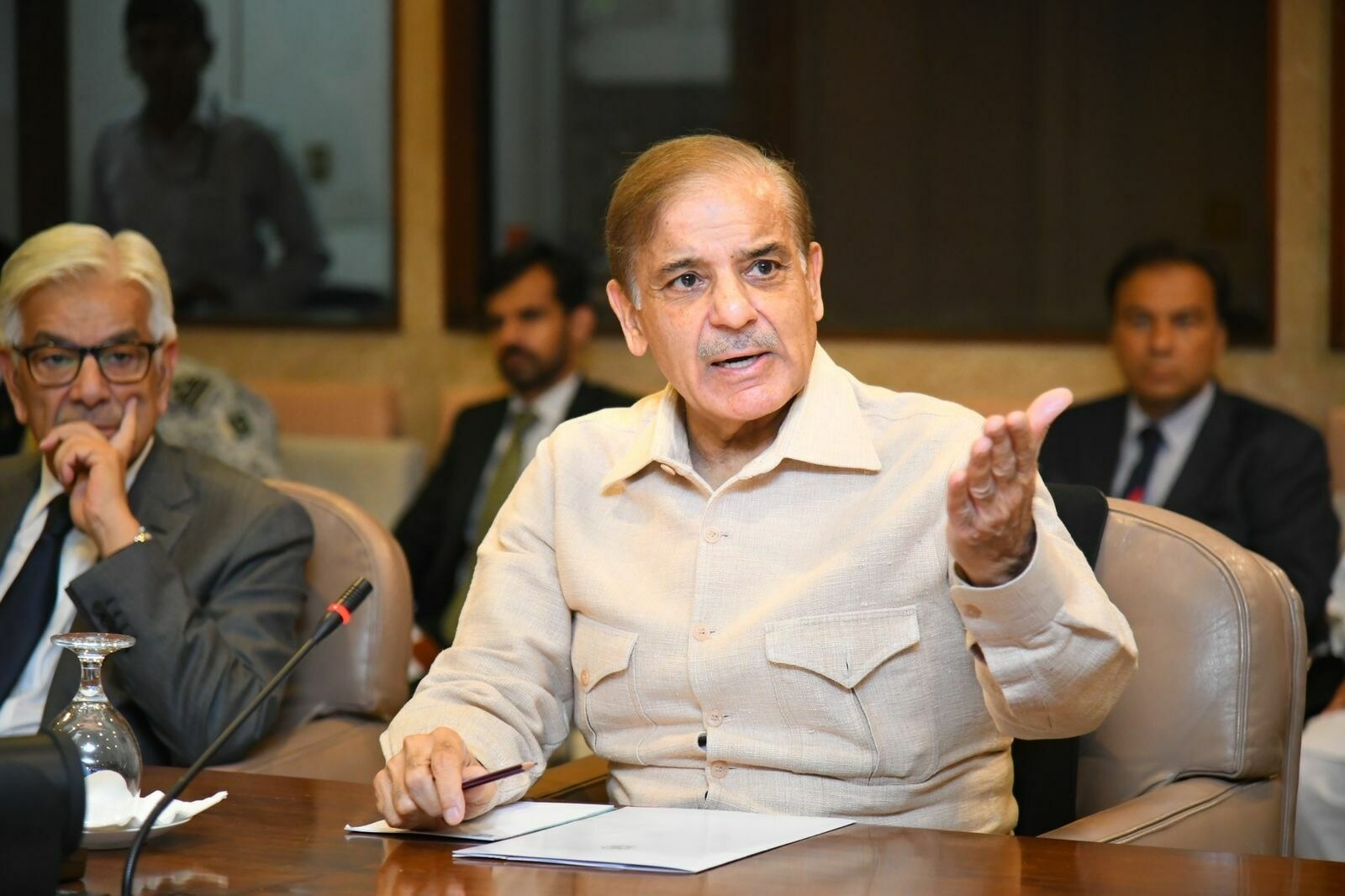Mohsin Siddiqui (Chief Reporter)
Prime Minister Shahbaz Sharif has decided to retain the current standard rate of sales tax at 18 percent, effective from July 1, 2024. This decision comes after a proposal from the Federal Board of Revenue (FBR) to raise the sales tax rate by 1 percent, taking it from 18 percent to 19 percent, was thoroughly reviewed and subsequently rejected.
The FBR had put forth the proposal with the intention of generating additional revenue. According to their projections, a 1 percent increase in the sales tax rate could have potentially added Rs40-50 billion to the national treasury for the fiscal year 2024-25. The proposal was seen as a measure to boost the government’s revenue amidst economic challenges. However, Prime Minister Shahbaz Sharif turned down the recommendation, prioritizing the economic well-being of the general populace over the potential revenue increase.
The discussions regarding the proposed sales tax hike took place at the highest levels of government, involving key decision-makers. The FBR argued that the additional revenue would be instrumental in funding various government projects and initiatives, which are crucial for the country’s development. Despite these arguments, the potential for immediate inflationary effects that such a tax increase could have on the public was a major factor in the Prime Minister’s decision.
Prime Minister Sharif’s administration has been acutely aware of the economic pressures faced by the citizens, particularly in the face of rising living costs. The prospect of increasing the sales tax was viewed as likely to exacerbate inflation, leading to higher prices for goods and services. This concern for inflationary impacts was central to the rejection of the FBR’s proposal. By maintaining the sales tax at 18 percent, the government aims to avoid additional financial burdens on consumers, who are already grappling with the effects of an unstable economic environment.
This decision underscores the administration’s commitment to balancing fiscal policies with the economic realities faced by the populace. It highlights a cautious approach towards tax increases, reflecting an understanding of the broader economic implications such measures can have. The government’s priority appears to be maintaining economic stability and protecting consumer purchasing power, even at the cost of foregoing potential increases in revenue.
Moreover, the rejection of the sales tax hike aligns with the government’s broader economic strategy, which includes measures to stimulate growth and manage inflation. By keeping the sales tax unchanged, the administration aims to foster a more predictable economic environment, which can encourage both consumer spending and investment. This approach is particularly crucial as the country navigates through economic recovery and growth phases.
The decision has been met with a mix of reactions. Business communities and consumer rights groups have generally welcomed the move, recognizing the government’s sensitivity to inflationary pressures and its potential impact on household budgets. On the other hand, some economic analysts have expressed concerns about the implications for government revenue and the ability to fund public services and development projects without the additional revenue that a higher sales tax rate could provide.
As the government moves forward, it will likely continue to seek a balance between revenue generation and economic stability. This will involve exploring alternative revenue sources and enhancing the efficiency of existing tax collection mechanisms. The decision to maintain the current sales tax rate is a clear indication of the administration’s priorities and its commitment to addressing the immediate economic concerns of its citizens.
For those interested in the broader economic implications, this decision is a pivotal moment in the country’s fiscal policy. It highlights the complex interplay between revenue generation and economic stability and sets the stage for future discussions on how best to navigate these challenges.



